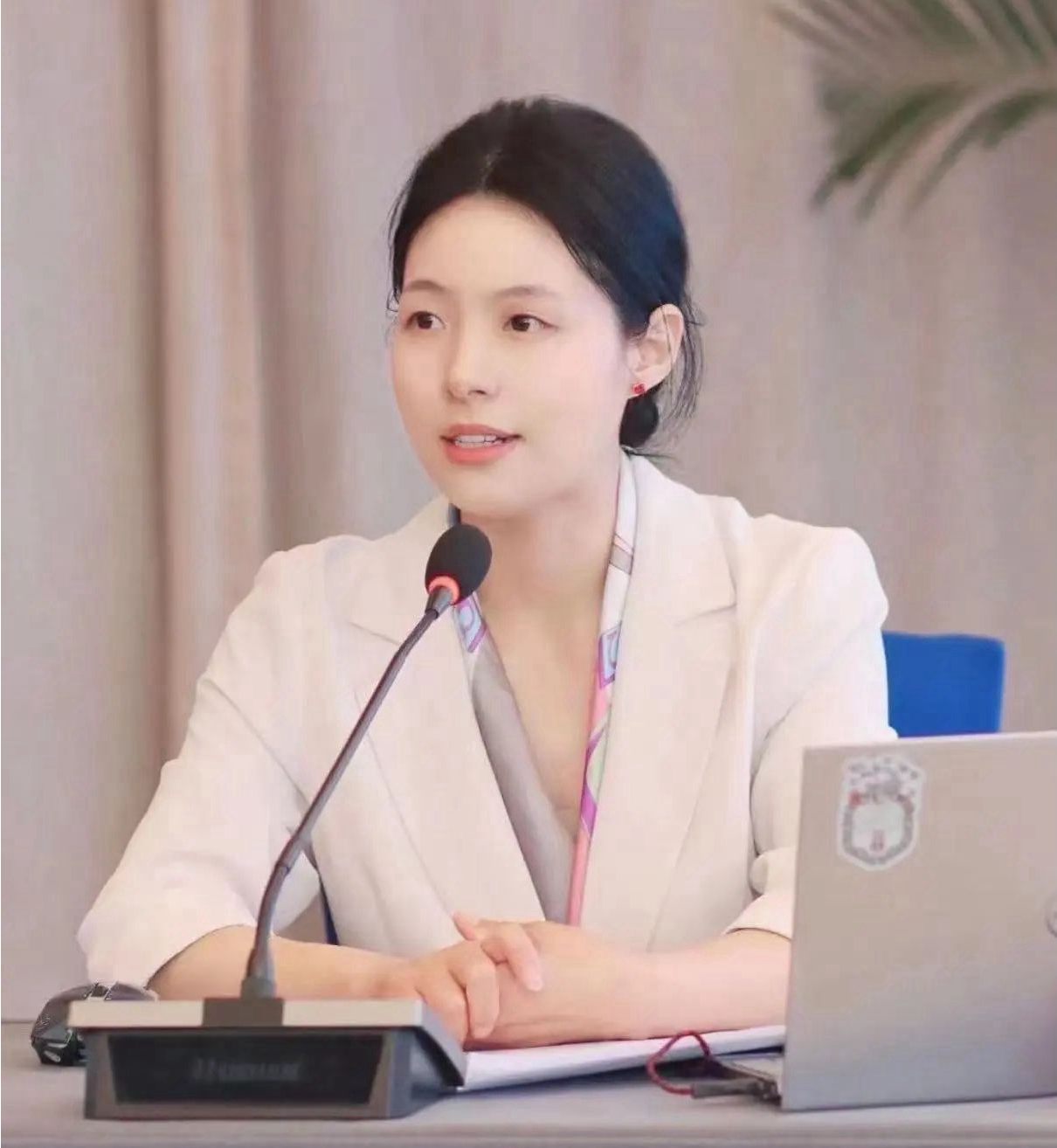
Abstract: The Civil Code of China and Law on the Protection of Minors of China uniformly adopt the expression pattern of "being most beneficial to (the guardian/minor children/adopted persons/minors)", thus establishing the basic connective principle of the legal system on minors, namely the principle of being most beneficial to minors. This principle has two dimensions: inheriting the practice of domestic rule of law practice and transforming the obligation of international convention into obligations under domestic law. The analysis of interpretive documents and judicial data shows that the application of this principle is mainly in a dot-matrix pattern, which has such problems as insufficient coverage, inconsistent standards, and mechanical citations. Taking the system of international norms as a reference to clarify the essence of the rights, the institutional constraints, the level of effectiveness and the procedural guarantee of the principle of the best interests of the child is conducive to adding systematic, dialectical and self-consistent institutional rationality to the application of the principle of being most beneficial to minors in China, thus developing such an expression with Chinese characteristics into a practice with Chinese characteristics through making right-centered nature clear, standardizing the determination of rights and interests, coordinating protection mechanisms, conducting the analysis and judgment of an individual case in a case-by-case manner.
Key Words: the Principle of Being Most Beneficial to Minors; the Principle of the Best Interests of the Child; Essence of Rights; Systematic Application
Author: Deng Li, associate research fellow, CASS Institute of Law; associate professor, Law School of the University of CASS;
Source: 6 (2024) Political Science and Law.



